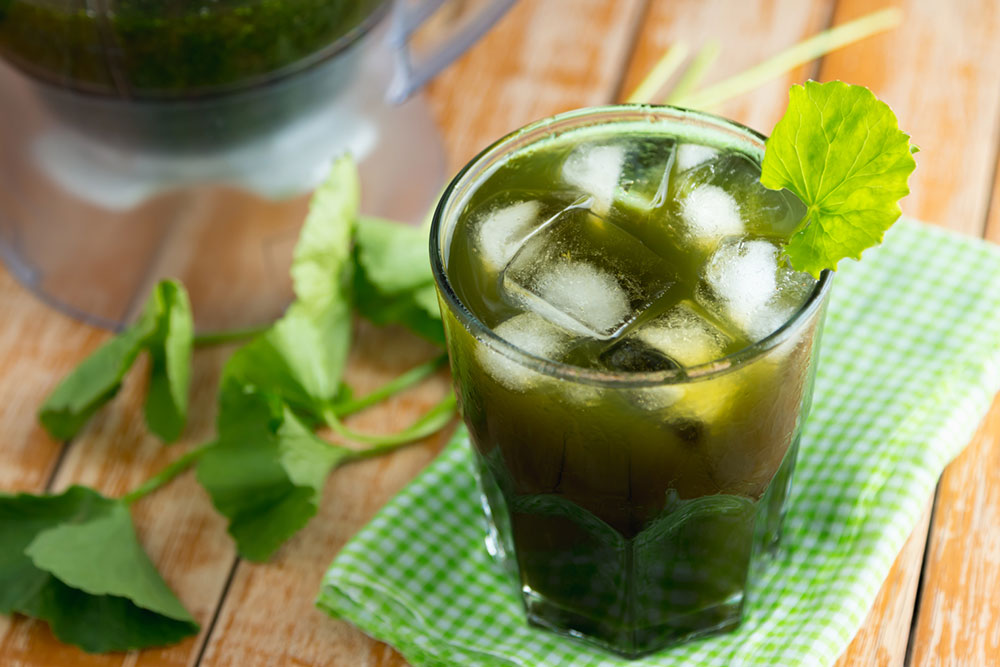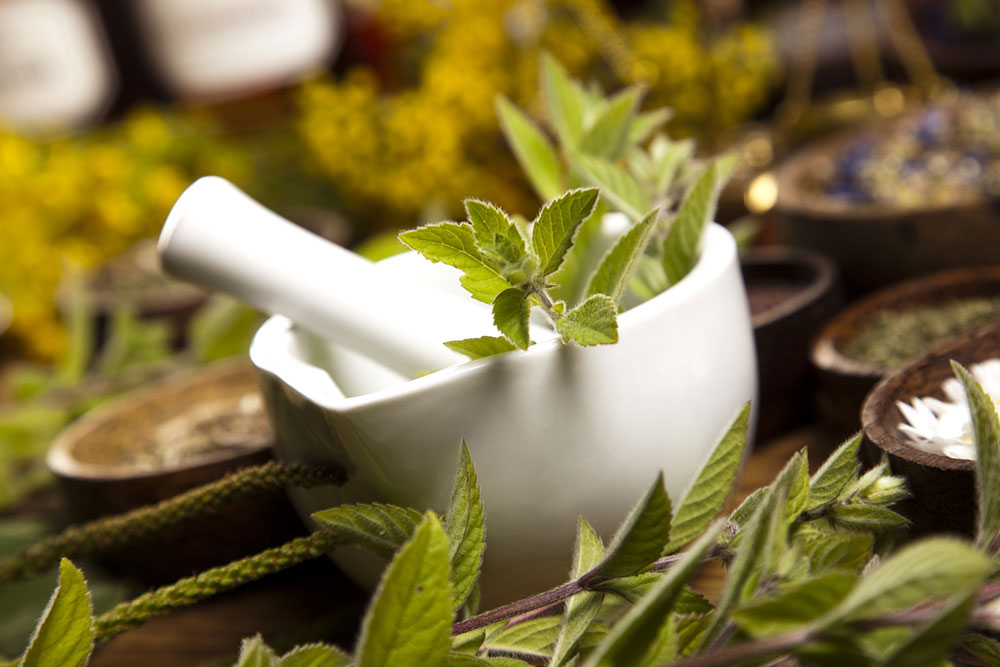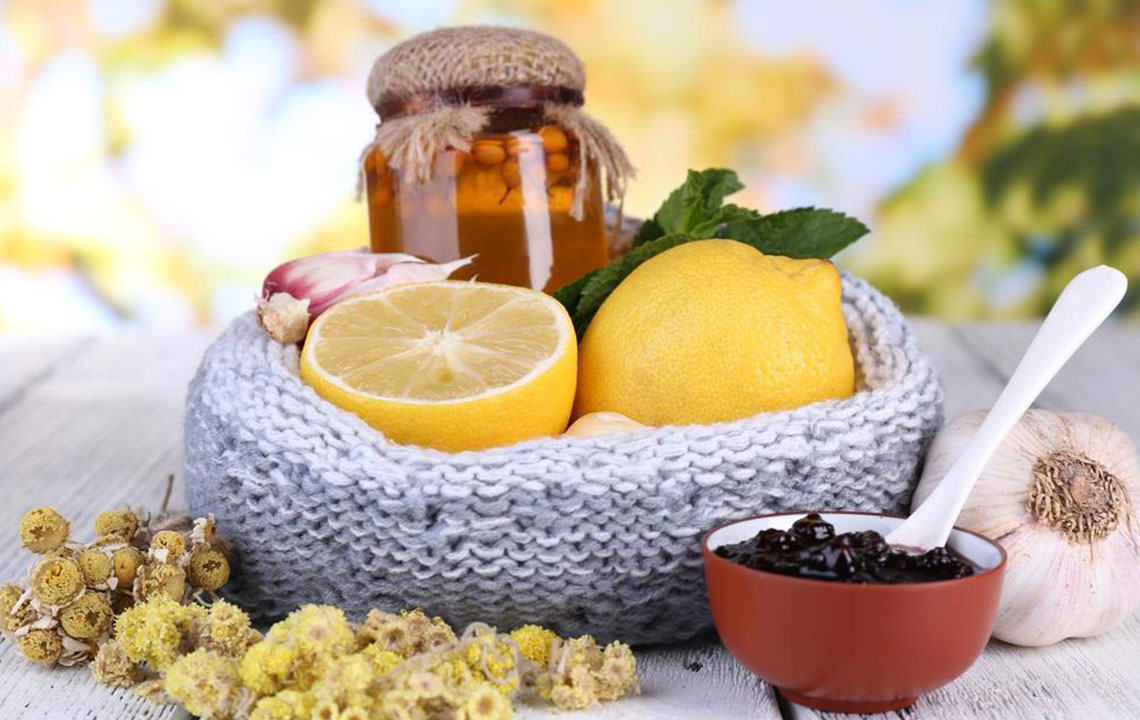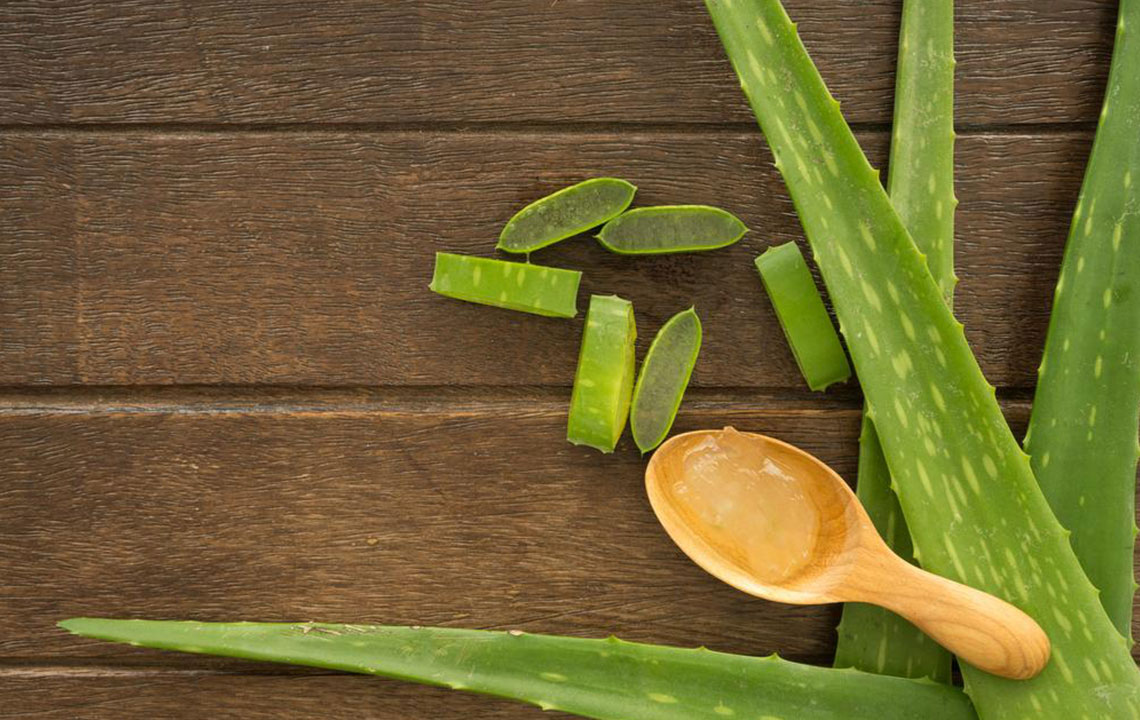Natural and Holistic Strategies to Support Enlarged Prostate Health
This comprehensive guide explores natural strategies to support men with enlarged prostate issues. It covers dietary remedies like pumpkin seeds and soy, herbal supplements such as pygeum and ryegrass pollen, lifestyle modifications, and when to seek medical advice. Combining these methods can effectively alleviate symptoms, improve urinary health, and delay the need for invasive procedures, making it a valuable resource for promoting prostate wellness in a natural, holistic manner.

Comprehensive Natural Methods for Managing and Supporting Enlarged Prostate Health
The prostate gland, a vital part of male reproductive health, is a small, walnut-shaped organ located just below the bladder and surrounding the urethra. It plays a crucial role in producing seminal fluid, which nourishes and transports sperm. As men age, the prostate often undergoes benign enlargement, a condition medically termed benign prostatic hyperplasia (BPH). This enlargement can cause significant urinary problems, including difficulty urinating, increased frequency of bathroom visits, urinary leakage, and susceptibility to infections. Although conventional medical treatments are available and often effective, many men seek natural strategies to manage symptoms and promote overall prostate health.
Natural approaches, when combined with medical guidance, can help reduce prostate size, alleviate discomfort, and improve quality of life. These methods are especially appealing to men who prefer non-invasive options or want to support their health with dietary and lifestyle changes. Below, we explore scientifically supported natural remedies and lifestyle tips that have proven beneficial in managing prostate enlargement naturally.
While advanced cases of BPH may necessitate surgical procedures such as transurethral resection of the prostate (TURP), many men find relief through natural therapies. The following five natural and scientifically supported remedies have shown promise in supporting prostate health and easing urinary symptoms:
Pumpkin Seeds: Incorporate fresh pumpkin seeds into your diet by washing, drying, and lightly roasting them. Rich in phytosterols and zinc, pumpkin seeds are revered for their ability to support prostate health, possibly helping to reduce the size of an enlarged prostate and decrease urinary issues. Their high antioxidant content also helps combat inflammation and oxidative stress in prostate tissues, promoting overall gland health.
Watermelon Seed Tea: Creating a gentle tea from fresh watermelon seeds is a time-honored herbal practice. Remove the seeds from freshly chopped watermelon, steep them in boiling water for about 15-20 minutes, then allow the mixture to cool. Strain out the seeds and consume approximately a quarter cup daily. Regular intake over a period of 10-14 days may assist in reducing inflammation and supporting urinary function by promoting detoxification and lowering prostate-related discomfort.
Pygeum Africanum (African Plum Bark) Extract Capsules: Pygeum has been used in traditional medicine for centuries to treat urinary issues related to prostate enlargement. Modern research supports its efficacy in improving urinary flow, reducing night-time urination (nocturia), and decreasing urinary frequency. Regular supplementing with pygeum capsules can provide anti-inflammatory benefits and improve bladder function, making it a valuable natural option for prostate support.
Ryegrass Pollen Extract: Supplements containing ryegrass pollen, sourced from plants like Timothy, rye, or corn, are considered effective in managing urinary symptoms caused by prostate enlargement. These capsules work by reducing urinary frequency, especially during the night, and easing discomfort. Several clinical trials have shown that ryegrass pollen extract can significantly improve quality of life for men with BPH by decreasing symptoms related to urinary obstruction.
Soy-Based Foods and Isoflavones: Incorporate soy products such as tofu, tempeh, soy milk, and edamame into your diet. Isoflavones, phytoestrogens found abundantly in soy, have been shown to lower testosterone levels and inhibit prostate cell proliferation. Consuming soy can help prevent hormonal triggers that cause prostate growth and potentially reduce the risk of prostate cancer. Incorporating soy regularly into your diet offers a natural way to support hormonal balance and overall prostate health.
Beyond dietary interventions, certain herbal extracts like stinging nettle have demonstrated their importance in managing prostate symptoms. Stinging nettle root extract inhibits the hormone dihydrotestosterone (DHT) from binding to prostate tissue, thereby reducing prostate size and improving urinary function. Many herbal supplements combine stinging nettle with other ingredients such as saw palmetto and beta-sitosterol to enhance therapeutic efficacy.
It is critical to consult with a healthcare professional or urologist before starting any new natural treatment regimen, especially since some supplements may interact with medications or require personalized dosing. Monitoring prostate health through regular check-ups and prostate-specific antigen (PSA) testing helps ensure that natural remedies are effective and that any progression of BPH is appropriately managed.
Natural management strategies also involve lifestyle modifications. Maintaining a healthy weight through balanced diet and regular exercise can reduce inflammation and hormonal imbalances that contribute to prostate enlargement. Avoiding excessive alcohol consumption and reducing intake of caffeine and spicy foods may also help minimize urinary irritation. Incorporating pelvic floor exercises, such as Kegel exercises, can strengthen bladder muscles and improve urinary control.
Research consistently illustrates that many men with early-stage prostate issues achieve symptom relief through tailored, non-invasive approaches. Combining dietary adjustments, herbal supplements, and lifestyle changes with medical supervision provides a comprehensive strategy for maintaining prostate health. This integrative approach delays or even prevents the need for surgical intervention, reducing risks of adverse side effects like impotence or incontinence. If prostate symptoms persist or worsen, prompt consultation with a urologist is essential to determine the best course of action, which could include medication or surgery.
In conclusion, adopting natural and holistic strategies for prostate health can significantly enhance quality of life, especially when implemented early. By integrating these evidence-based remedies and lifestyle habits, men can work proactively to manage prostate enlargement organically, support urinary health, and maintain overall well-being.





